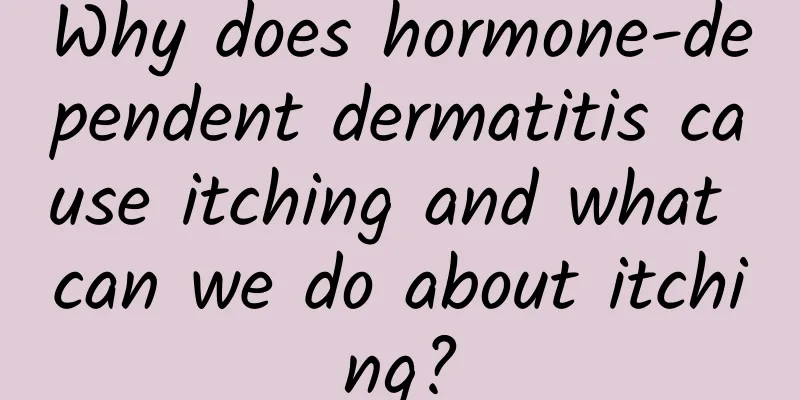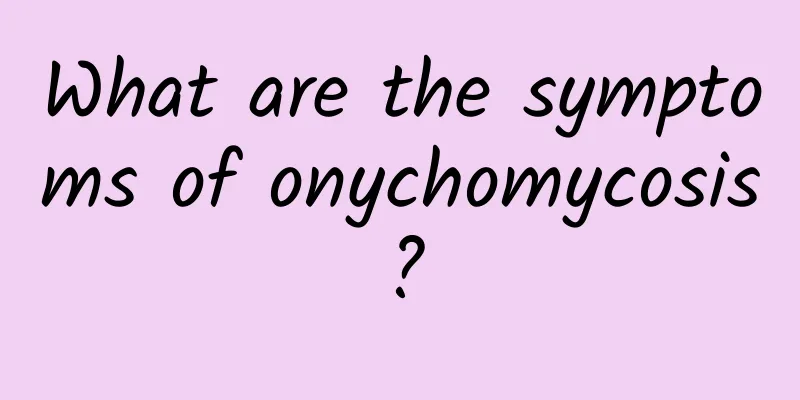Precautions for taking Chinese medicine

|
We are generally accompanied by many diseases throughout our lives, and most of the time when we are sick we have to take medicine, sometimes it is Western medicine and sometimes it is Chinese medicine. In fact, there are many things to pay attention to when taking different medicines. So, what are the precautions people should take when taking Chinese medicine? This is a thought-provoking question, but it is not surprising that most people do not understand it. For most people, if they are sick, they usually just think about taking medicine or treatment. Even when they take Chinese medicine, they usually don’t consider the above issue. Of course, when you buy Chinese medicine yourself, the doctor will generally explain some precautions, but that is just a small point. So, let’s talk about the specific precautions when taking Chinese medicine. Avoid strong tea. Generally, do not drink strong tea when taking Chinese medicine, because tea contains tannic acid. Strong tea contains more tannic acid. When taken with Chinese medicine, it will affect the body's absorption of the active ingredients in the medicine and reduce its efficacy. Especially when taking "ejiao" and "tremella", avoid taking them with tea. Taking them at the same time will cause the tannic acid, bioalkali, etc. in the tea to precipitate, affecting the body's absorption. If you have the habit of drinking tea, you can drink a little green tea, and it is best to drink it 2 to 3 hours after taking the medicine. Avoid eating raw radish when taking Chinese medicine (except for taking qi-regulating and phlegm-resolving medicine), because radish has the effects of helping food and breaking up qi. Especially when taking tonic Chinese medicine such as ginseng and astragalus, eating radish will weaken the tonic effect of ginseng, reduce the efficacy of the medicine and fail to achieve the therapeutic purpose. Avoid raw and cold foods. Raw and cold foods are mostly cold in nature and difficult to digest. Raw and cold foods can also easily irritate the gastrointestinal tract and affect the gastrointestinal absorption of drugs. Therefore, when taking Chinese medicine to treat "cold symptoms", such as medicines for warming the meridians and unblocking the collaterals, dispelling cold and dampness, or medicines for strengthening the spleen and warming the stomach, you must not avoid raw and cold foods. Avoid spicy and hot foods. Spicy foods are mostly warm in nature and can consume energy and cause fire. If you are taking Chinese medicine for clearing away heat and eliminating toxins, nourishing yin and increasing fluid, cooling blood and nourishing yin, or during the treatment of febrile diseases such as carbuncles, ulcers and toxins, you should avoid spicy food. For example, spicy and hot foods such as onions, garlic, pepper, mutton, and dog meat, if consumed, will offset the effects of traditional Chinese medicine. Some may even induce inflammation, damage the yin and cause bleeding. Avoid greasy foods. Greasy foods are sticky, promote dampness and phlegm, cause loose bowels and gas, and are difficult to digest and absorb. Moreover, mixing greasy foods with medicines can hinder the gastrointestinal absorption of the medicine's active ingredients, thereby reducing its efficacy. If you eat greasy food while taking Chinese medicine, it will inevitably affect the absorption of the medicine. Therefore, patients with heavy phlegm and dampness, weak spleen and stomach, indigestion, hypertension, coronary heart disease, hyperlipidemia, high blood viscosity and obesity must avoid eating greasy foods such as animal fats. Avoid fishy smell. Generally, Chinese medicines have aromatic smells, especially aromatic dehumidifying and aromatic qi-regulating medicines, which contain a large amount of volatile oils to exert their therapeutic effects. These aromatic substances are the most incompatible with fishy smells. If you do not avoid fishy smell when taking Chinese medicine, it will often affect the efficacy of the medicine. Such as the fishy smell of fish, shrimp, and seafood, and the mutton smell of cattle and mutton. Patients with allergic dermatitis such as allergic asthma, allergic rhinitis, boils, eczema, urticaria, etc. must avoid eating fishy foods while taking Chinese medicine. They should also eat less fishy, spicy and irritating foods such as chicken, lamb, pork head, crab, and goose meat. Because these foods contain foreign proteins, some patients are particularly sensitive and prone to allergies, which aggravates their condition. The points of precaution introduced above are actually precautions about taking Chinese medicine. It can be seen from this that there are still many precautions when taking Chinese medicine. So when we are sick and need to take Chinese medicine, we must be careful not to eat radishes, raw and cold foods, psychological foods, and greasy and meaty foods. These are taboos for taking Chinese medicine. |
<<: The dangers of avian influenza
>>: What are the health benefits of scraping?
Recommend
Black mole suddenly appears on the neck
For us, moles on the skin are not unfamiliar. Mos...
The sequelae of hyaluronic acid filling nasolabial folds
As people's living standards continue to impr...
Cryotherapy for rhinitis
The treatment process of rhinitis is very complic...
The best treatment for allergic asthma, medication has a method
Allergic asthma is a condition in which patients ...
Papular urticaria
Papular urticaria is a very common skin disease a...
Is dandelion cold?
Generally speaking, we only divide fruits into co...
New drugs for schizophrenia
Everyone must have heard of mental illness, which...
Can aloe vera heal scars?
Aloe vera is a plant. Many people have aloe vera ...
How to perform surgery on kidney cysts? This is the best way to care for them
From the perspective of clinical treatment effect...
Purulent ointment
If an injury is not treated in time, it will caus...
Will autologous fat be absorbed?
In recent years, autologous fat filling has becom...
How to remove acne scars more effectively?
Many people will get acne when they are exposed t...
What is functional dyspepsia? It is so harmful.
Functional dyspepsia mainly refers to upper abdom...
What is the reason for high white blood cell index in sediment
Many times when you go to the hospital for medica...
Cerebral vascular sclerosis
Speaking of the disease of cerebral arteriosclero...









